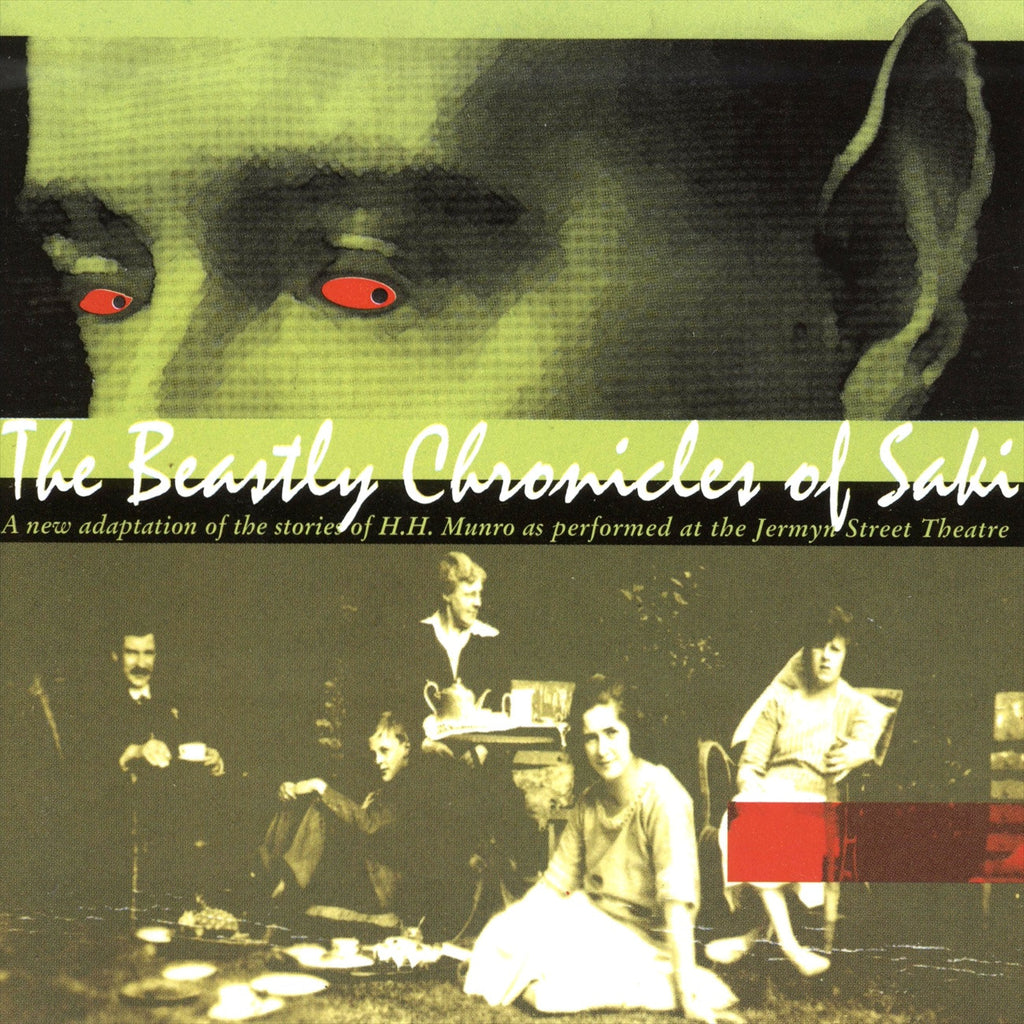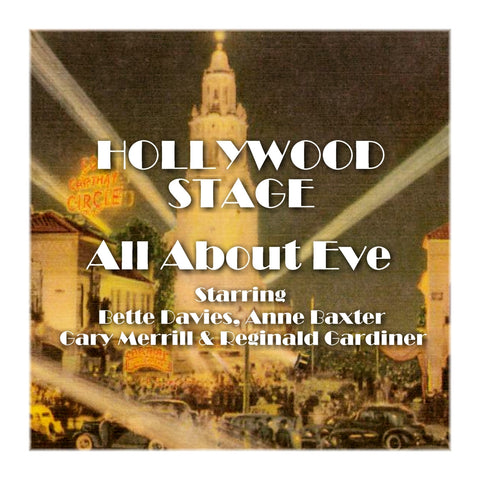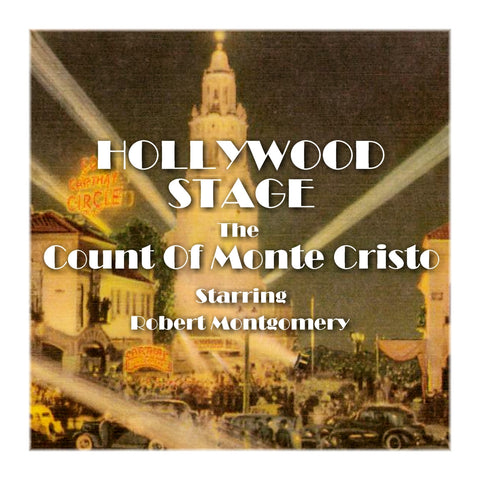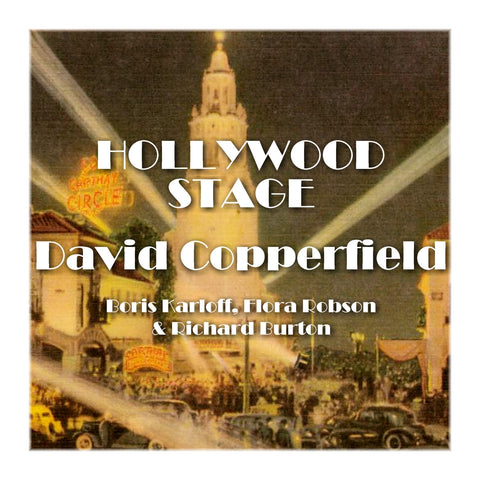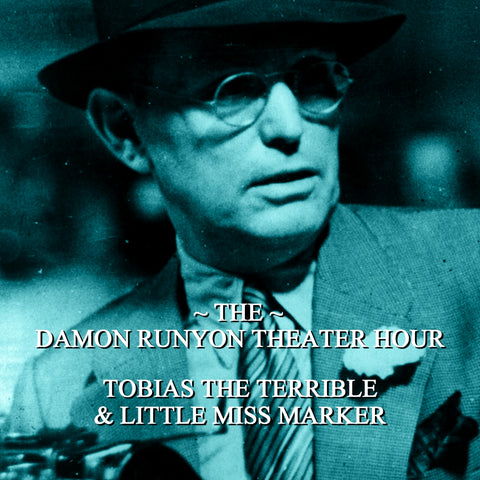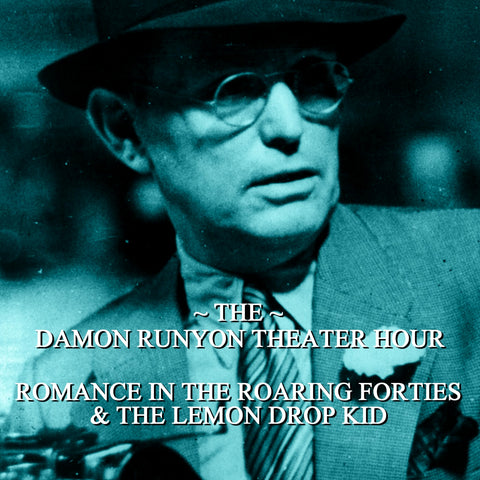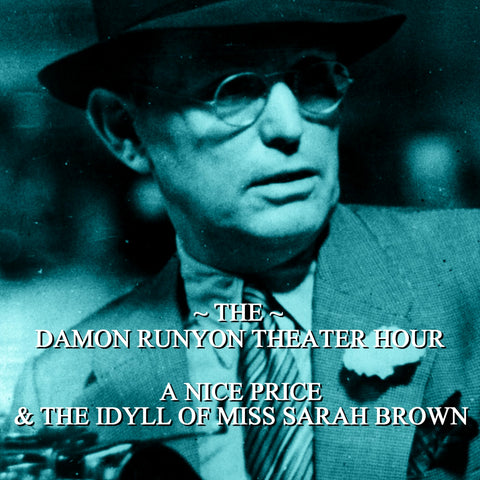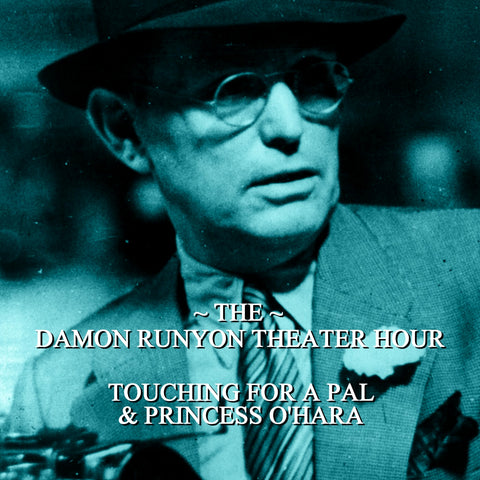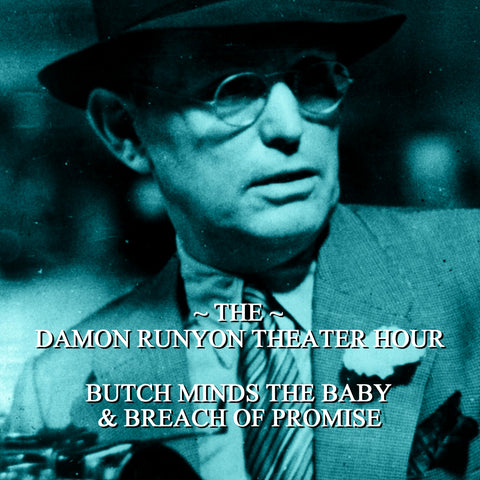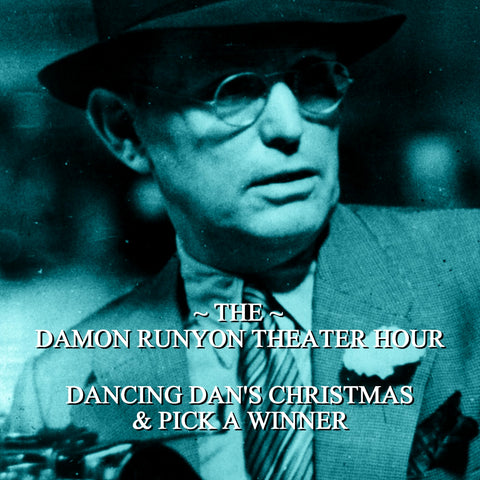Your cart is empty now.
Performed by The Jermyn Street Theatre (Unabridged: 1hr 49mins)
The stories of HH Munro – better known by his pen name of Saki – have scarcely been out of print since they were first published nearly a century ago. Yet it often seems that their particular delights are reserved for the private pleasure of his coterie of admirers. It has to be admitted that a taste for Saki is something of an addiction. And, like all addictions, once acquired, it is hard to shake off.
In the years since his tragically early death in the trenches at the hands of a German sniper, fellow addicts have included Graham Greene, Noel Coward and Tom Sharpe. All of us take a slightly wicked satisfaction from his biting wit and the subversive way in which he undermines the staid Edwardian Society he purports to observe.
But to a much greater extent than his near-contemporaries, Wilde and Kipling, there is something dark and menacing at the heart of Saki’s writing. Behind the refined twinkle of tea cups on an Edwardian lawn can be heard the distant howling of a wolf. Hidden among the shrubbery in a carefully manicured garden lurk all kinds of Beasts and Superbeasts, ready to wreak Nature’s revenge on an uncaring mankind with its arrogant belief in materialism, progress and the innate respectability of middle class values.
Where Kipling’s menagerie tends to simple analogues of human types, Saki’s animals can rise up with the full power of Pan himself. This is not to ignore Saki’s ability to turn an aphorism with all the facility and wit of the divine Oscar at his best. Nor does it forget his ability to prick the inflated egos of louche young men with too much time and money on their hands or deliciously dotty aunts and duchesses with their minds firmly fixed on Empire and Imperial responsibilities. It would be easy to forget that Munro foresaw the imminent collapse of this society into the cataclysm of the Great War. With his experience as a political journalist in the Balkans and Eastern Europe, he was probably more aware than most of the storm that was brewing.
But, essentially, he was an observer of his fellow-man. And it is for the humour of his observations, for the dazzling twists and turns his tales take and for the fact that he makes us laugh inordinately that he is to be treasured and shared with those who have not yet acquired the addiction.

